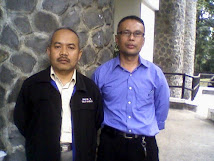Language
de en es fr ru
International Mathematical Olympiad
The International Mathematical Olympiad (IMO) is an annual six-problem, 42-pointmathematical olympiad for pre-collegiate students and is the oldest of the international science olympiads.[1] The first IMO was held in Romania in 1959. It has since been held annually, except in 1980. About 90 countries send teams of up to six students,[2] plus one team leader, one deputy leader, and observers.[3]
The content ranges from extremely difficult precalculus problems to problems on branches of mathematics not conventionally covered at school and often not at university level either, such as projective and complex geometry, functional equations and well-grounded number theory, of which extensive knowledge of theorems is required. Calculus, though allowed in solutions, is never required, as there is a principle at play that anyone with a basic understanding of mathematics should understand the problems, even if the solutions require a great deal more knowledge. Supporters of this principle claim that this allows more universality and creates an incentive to find elegant, deceptively simple-looking problems which nevertheless require a certain level of ingenuity.
The selection process differs by country, but it often consists of a series of tests which admit fewer students at each progressing test. Awards are given to a top percentage of the individual contestants. Teams are not officially recognized—all scores are given only to individual contestants, but team scoring is unofficially compared more so than individual scores.[4]Contestants must be under the age of 20 and must not be registered at any tertiary institution. Subject to these conditions, an individual may participate any number of times in the IMO.[5]











